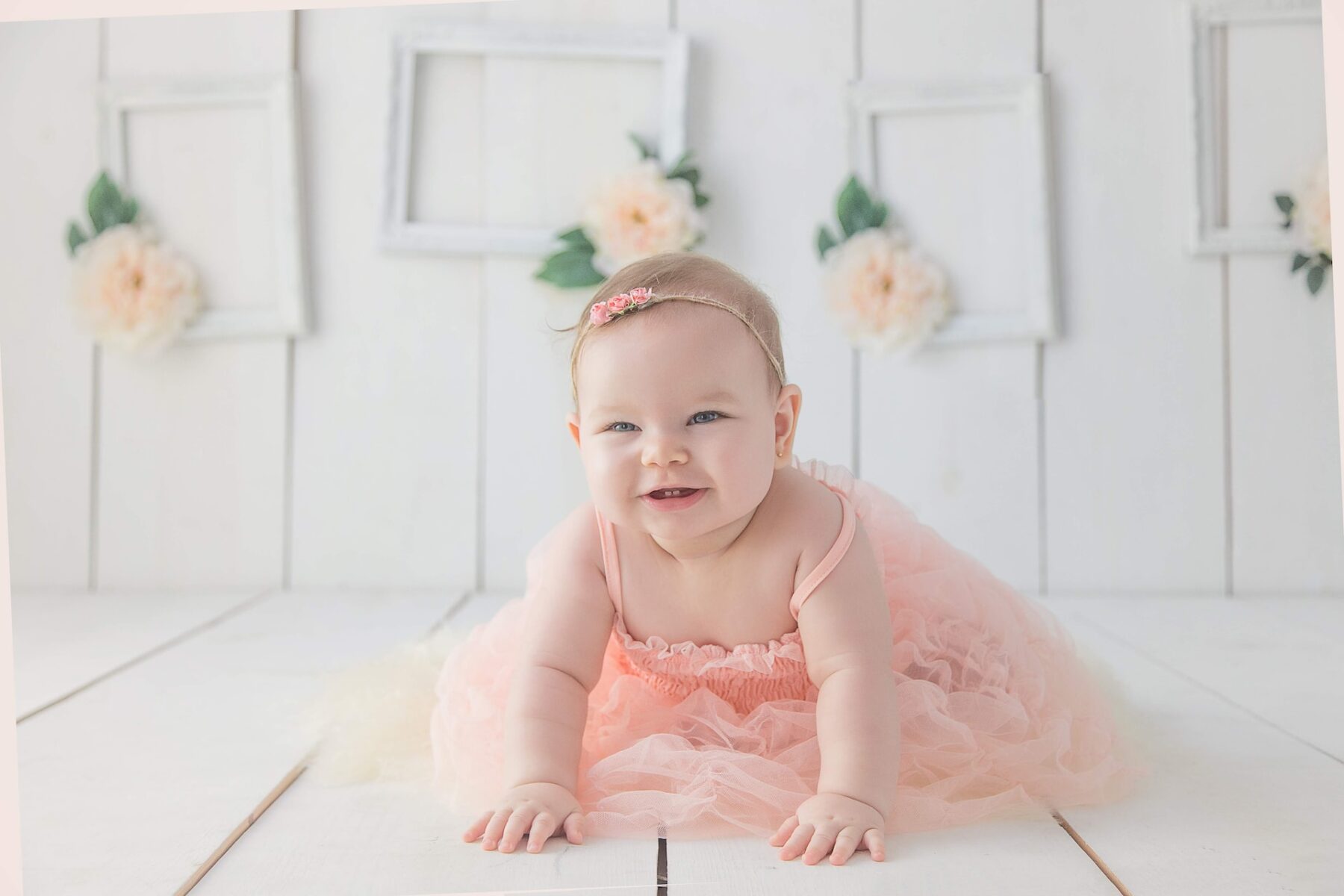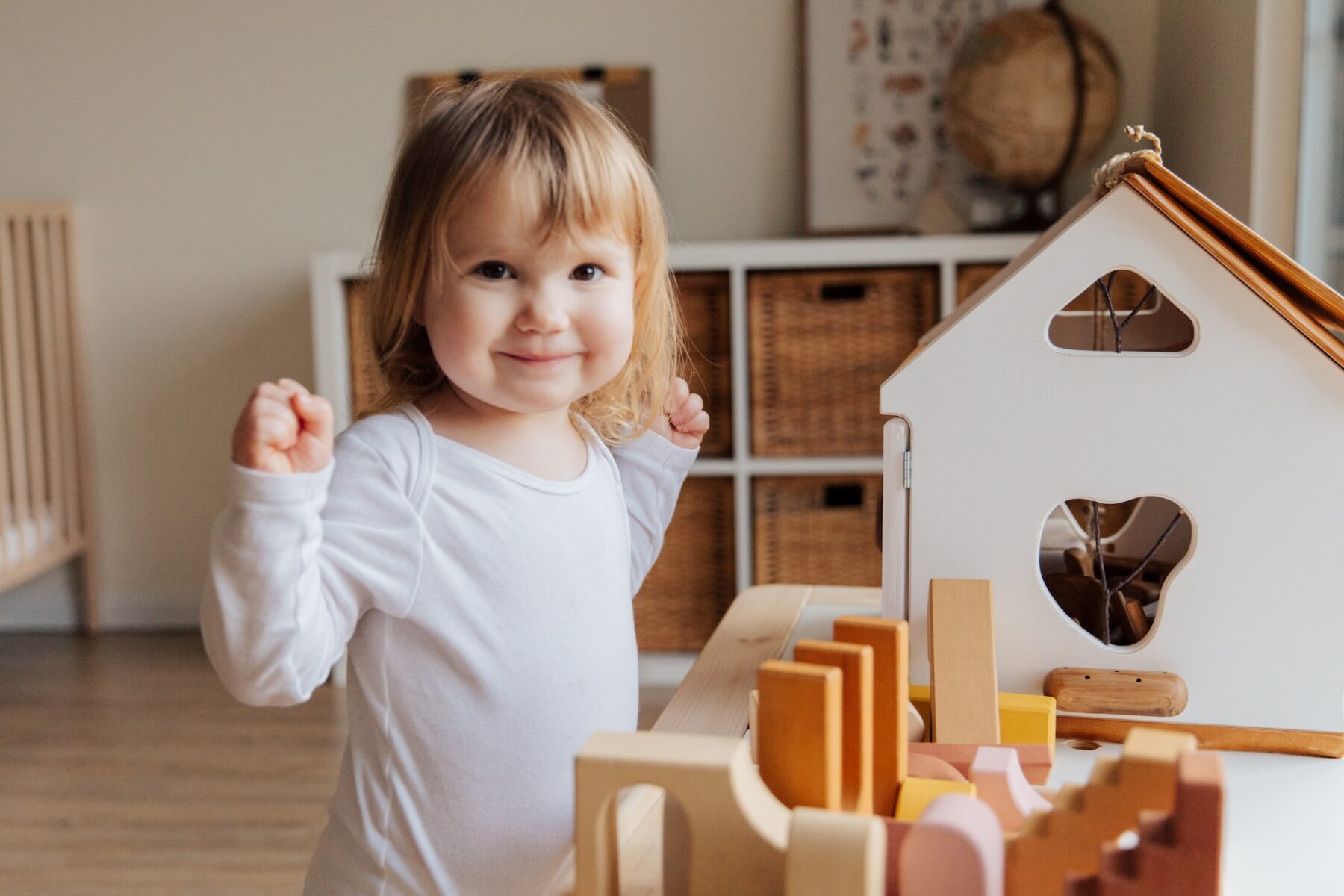Baby Talk: Does it Help or Hinder Development?
5 min read
Last Modified 3 August 2023 First Added 30 May 2023

Gaa-gaa goo-goo? What an adorable time to share with a baby!
They come into our lives and transform them with their coos, gurgles and cries.
One of the most heart-warming things that parents typically do, is their ability to talk to a baby through high-pitched voices and exaggerated facial expressions which are known as “baby talk”.
But does this help or hinder a baby’s language development?
This is the question that has been debated for years. Some argue using baby talk helps babies learn language faster, whilst others believe it hinders their development.
Baby talk, also known as “parentese” or “infant-directed speech”, is a way of communicating with babies and is characterised by exaggerated intonation, high-pitched speech, and simplified vocabulary.
This is a universal language used by parents all around the world to communicate with their little ones.
Our ability to speak in varied pitches and rhythms creates a more engaging and attention-grabbing language for babies.
This helps them distinguish between our communication and surrounding noises, making it easier for them to learn the language.
In addition to intonation, baby talk involves simplified sentence structures. By using shorter and simpler words, our babies find it much easier to follow along. Eventually, building blocks of language and developing vocabulary.

Many people wonder, why do some use baby talk when communicating with their little ones?
It may seem silly to use a high-pitched voice or exaggerated speech, however, there are several reasons why this communication is beneficial, especially to a child’s social skills development.
Using baby talk helps babies learn new words and expand their vocabulary. This is due to exaggerated intonation and repetition making it easier for babies to recognise and later remember these words. Additionally, introduce toys to help reading skills such as sound board, cards and puzzles to start building connections between sounds and written words.
Baby talk captures your baby’s attention and stimulates their brain. Research has shown that babies are more likely to respond to baby talk as it is more predictable and easier to understand compared to adult speech. Using baby talk leads to engaging different parts of the brain and creates new connections that help a baby’s development. You can also give your baby toys that stimulate their senses with sounds, lights, textures, and movement to engage and aid development in different areas.
Research has shown that babies like listening to other babies or children over adults. This is because baby talk is a lot easier to understand and respond to. When adults use baby talk, they are speaking in a way that their baby naturally finds interesting. It is also why babies love music and sound toys that make cute sounds and speak in a “baby voice”, so giving these to your child can encourage them to babble and build confidence in their speaking.

Baby talk enables adults to model language for their children. Using repetition and simplified sentences creates a space for babies to learn the language basics.
Parents and caregivers can help babies understand grammar and how words fit together to form sentences. Which will eventually lead to more complex language development.
Baby talk can help build a bond between parents and baby. The sing-song quality of baby talk can be comforting, making babies feel safe and connected to their caregivers.
Additionally, baby talk allows parents to show affection and attention to their children, which plays a big role in establishing a healthy parent-child relationship.
Baby talk is useful when children are not talking yet as they do not know what words mean. As your baby grows and develops, it’s essential to start introducing more adult-like communication.
This typically happens around 15 months, baby talk begins to drop and makes way for different forms of communication.
It’s important to do this gradually and not all at once as this can be quite confusing for a young child who is used to communicating in this way.
Although experts say there is no “right time” to stop baby talk, it is still advised to adapt your communication as your little one begins to age, especially when emotions are running high.
Remember to keep your tone warm and friendly, but gradually incorporate more adult language and sentence structures when talking to your child.

This is one of the most common questions in parenthood. The simple answer is yes. But in moderation and keeping an eye on when is the right time to start transitioning into more adult-like communication.
Baby talk has many benefits as it can build vocabulary, stimulate your child’s brain, teach language structure, and help you to bond with one another.
Remember baby talk is not harmful, but it is also important not to rely on it exclusively as a form of communication with your child as they age, as it is essential for your child to build strong language skills and communicate effectively with the world around them.
Looking for alternative ways to build on your child’s learning development? Have a look at Early Learning Centre for toys to assist your child in this learning phase!
To read our disclaimers, please click here.